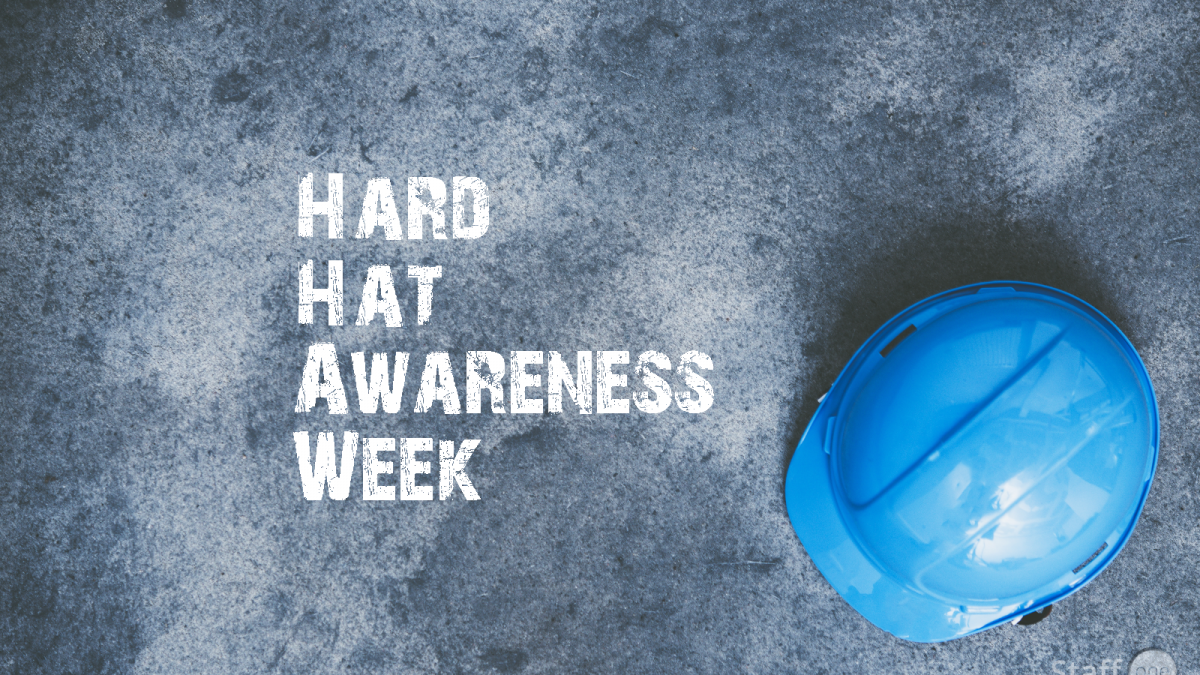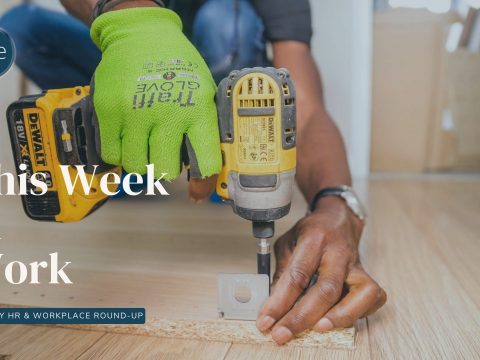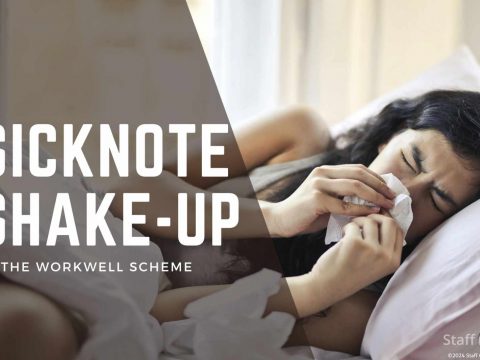- Contact us:
- 03300 535 600
- [email protected]

Race discrimination in the workplace
July 23, 2020
REC Accredited Partnership
October 2, 2020Working in safety critical environments without the correct protection can potentially be very dangerous, especially when it comes to head injuries. This is why brain injury charity Headway and leading safety manufacturer Centurion are working together to raise awareness of using and maintaining hard hats while on site.
Brain injury is more common than you think. Every year, almost 350,000 people are admitted to hospital with a brain injury related diagnosis. In 2016/17, there were 155,919 admissions for head injury alone – that equates to 427 every day, or one every three minutes.
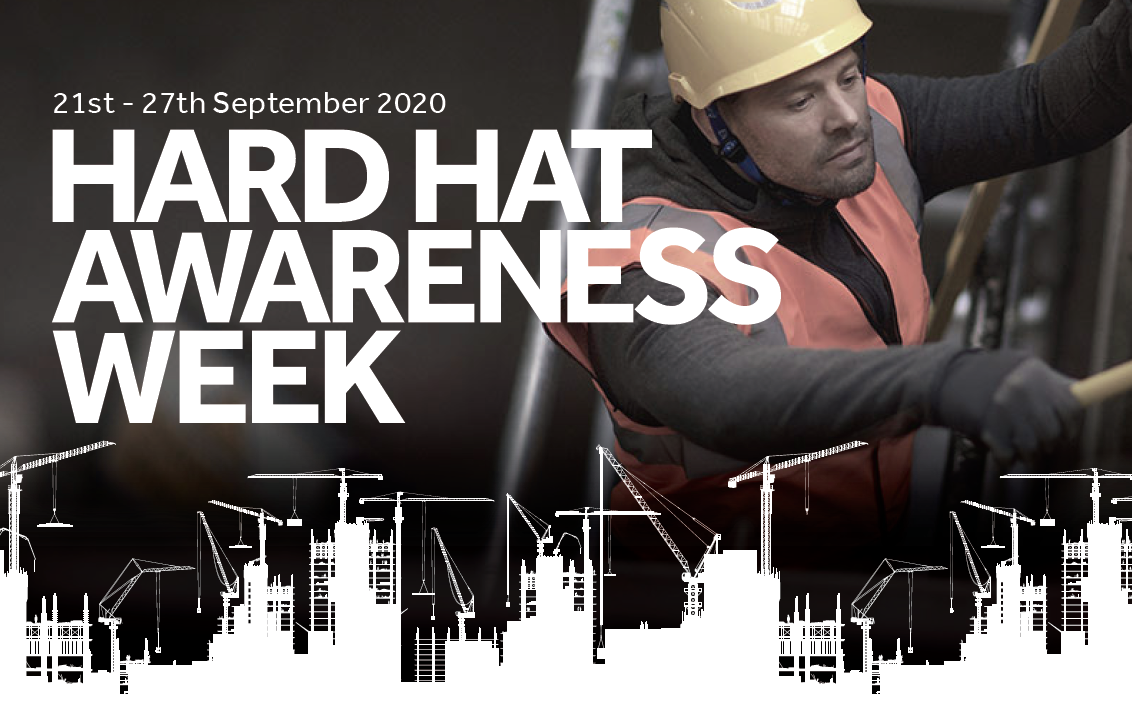
The impact of brain injury can be life-changing for both the individual hurt but also their wider family. Common effects include memory problems, fatigue, headaches, problems with thinking, mobility, speech and language problems, depression, sexual problems and problems with attention and concentration. These issues can also impact on relationships, employment, education and driving ability.
The more severe the brain injury, the more pronounced the long-term effects are likely to be. However, even after a minor head injury, brain function can be temporarily impaired, and this is sometimes referred to as concussion.
Ensuring your head protection is worn and cared for correctly is key to remaining safe.
The results of a survey conducted by the brain injury charity which explored the use of hard hats in the construction industry and understanding of concussion were published at the start of the awareness raising week.
Shockingly, statistics revealed that among those who experienced a head injury at work:
- 52% did not report an incident to their manager
- Just 6% sought medical attention for their head injury
More worryingly, 15% of 486 respondents stored their hard hat in an unsuitable way, such as in direct sunlight or extreme temperatures, whilst over half (58%) painted, marked or applied decals or labels to their helmet which could cause a chemical attack and reduce its durability.
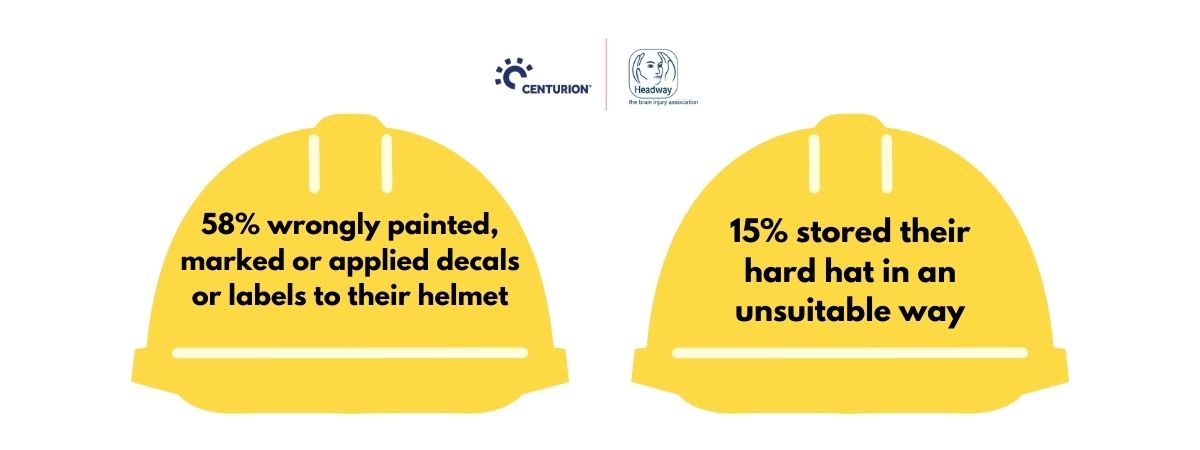
Almost a quarter (24%) were unaware that exceeding the expiry date of a hard hat can reduce the level of protection and 28% did not know where to find their helmet’s expiry date or were unaware it even had one.
Peter McCabe, Chief Executive of Headway, said: “Brain injury is more common than you think, and its impact can be life-changing for both the injured person but also their wider family. Ensuring your head protection is worn and cared for correctly is key to remaining safe.


